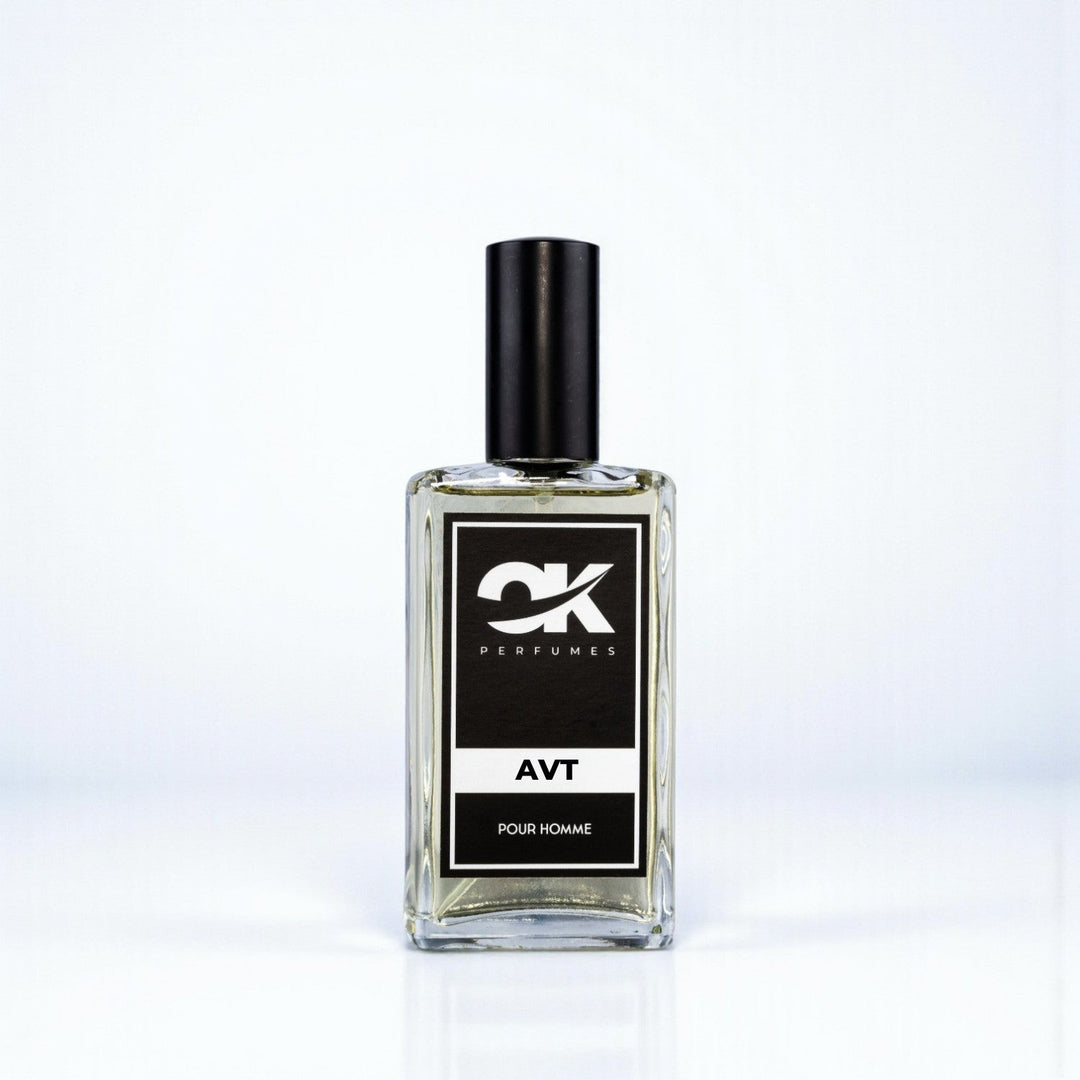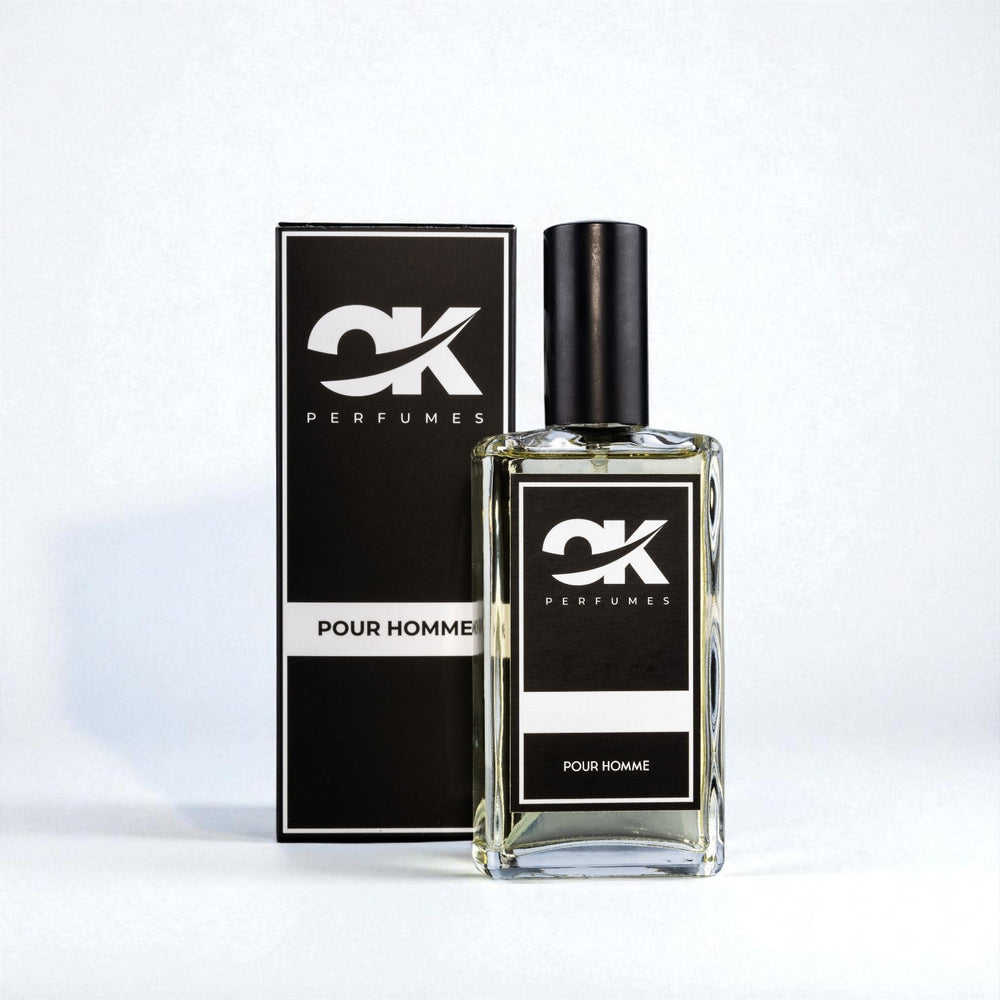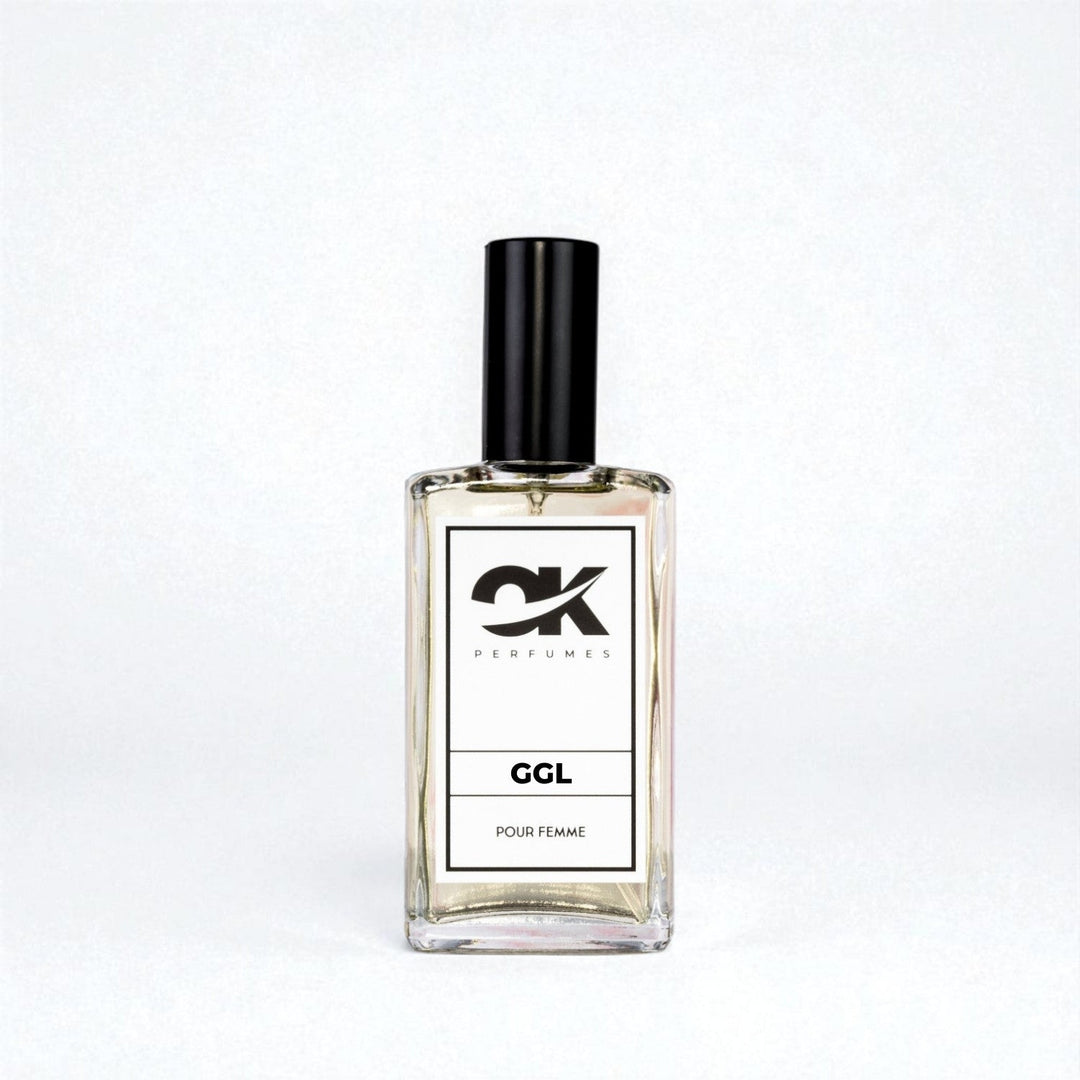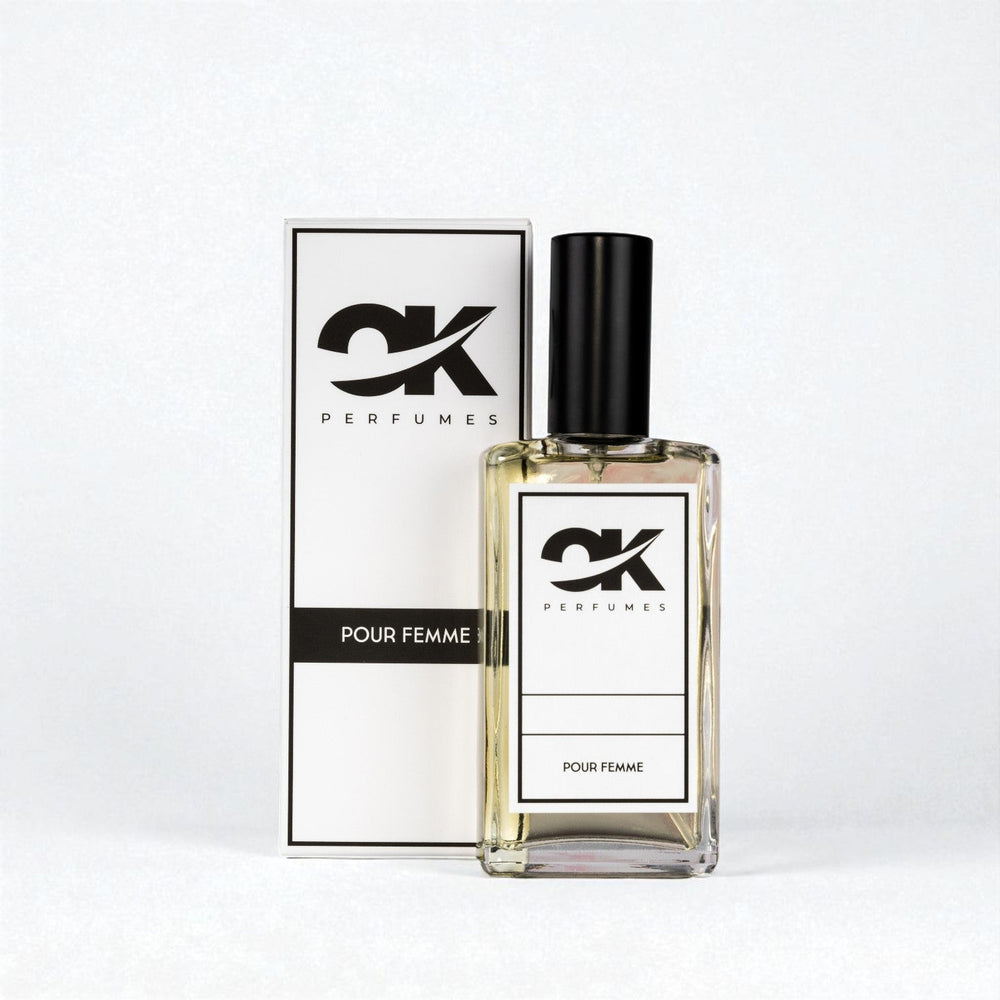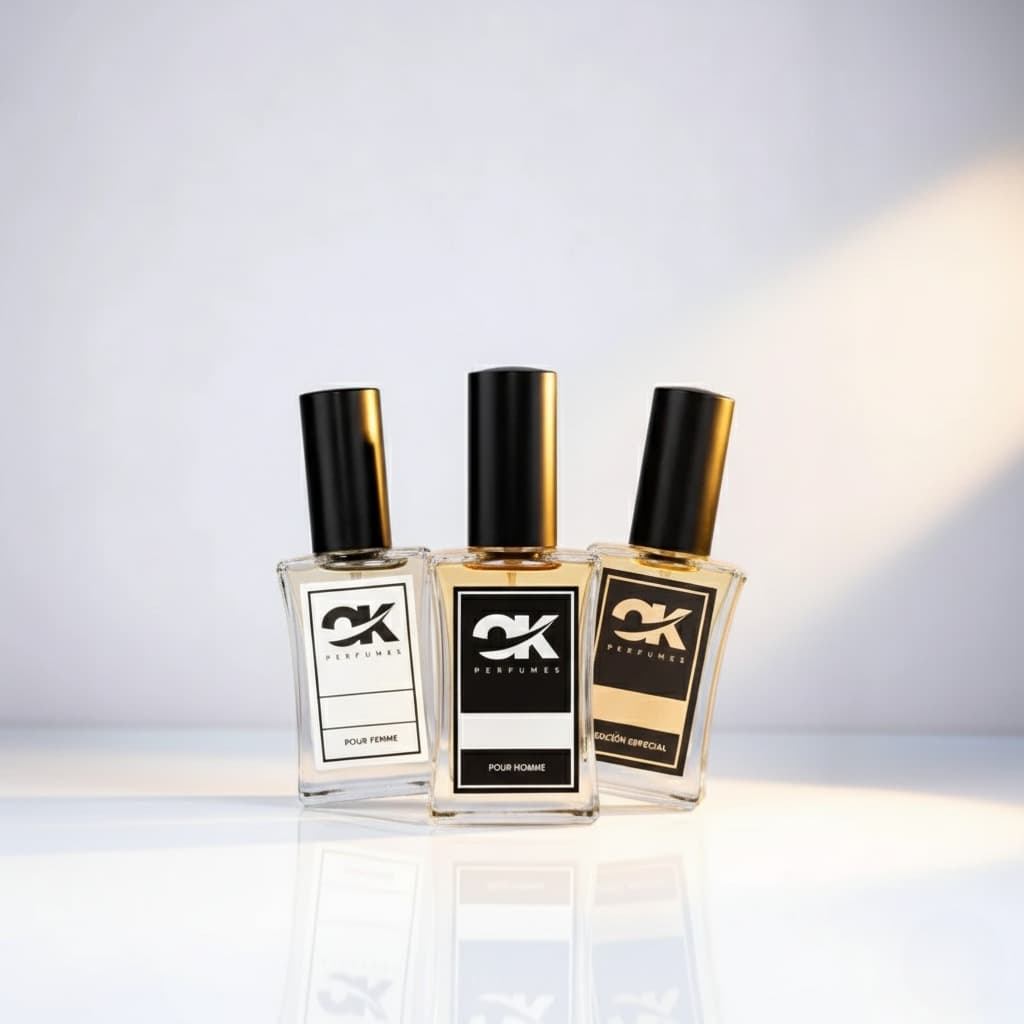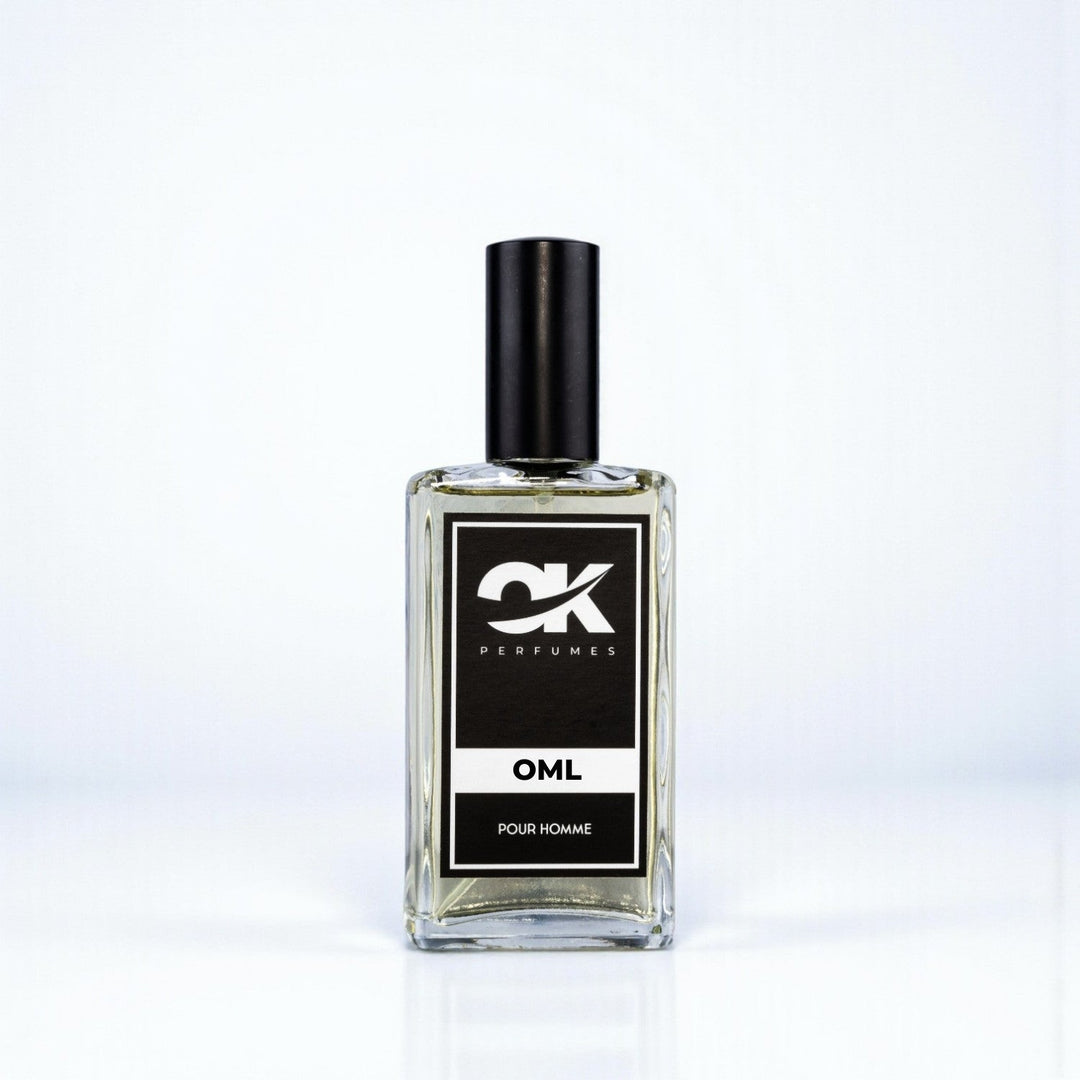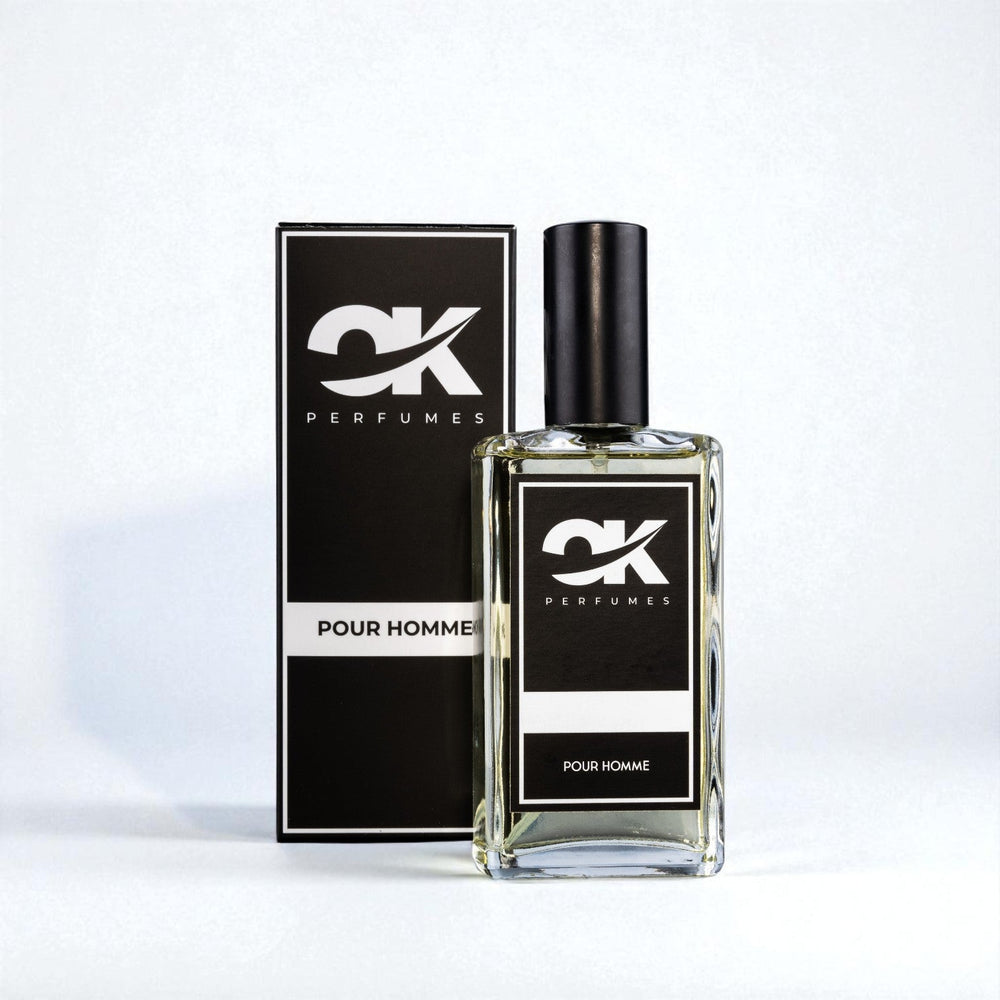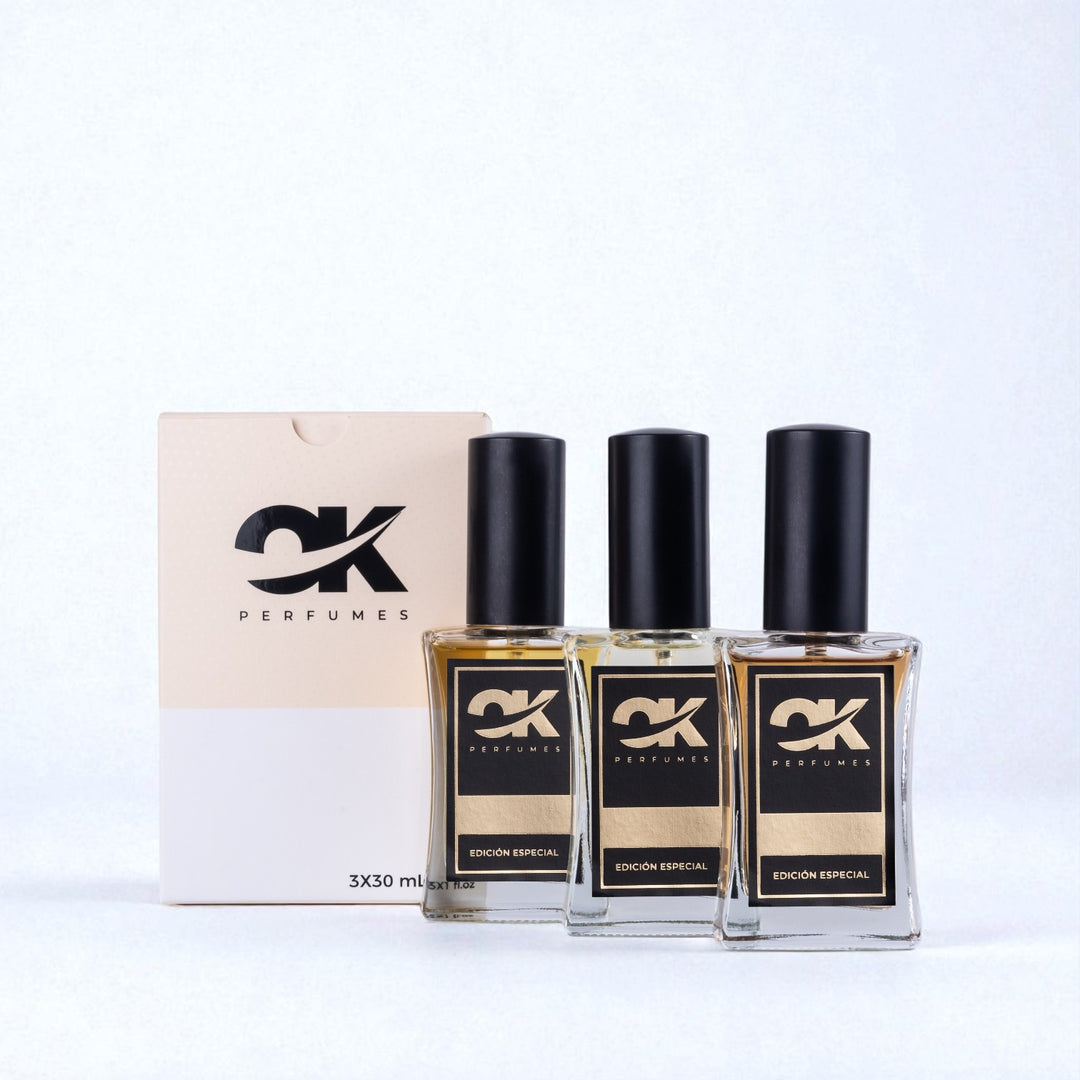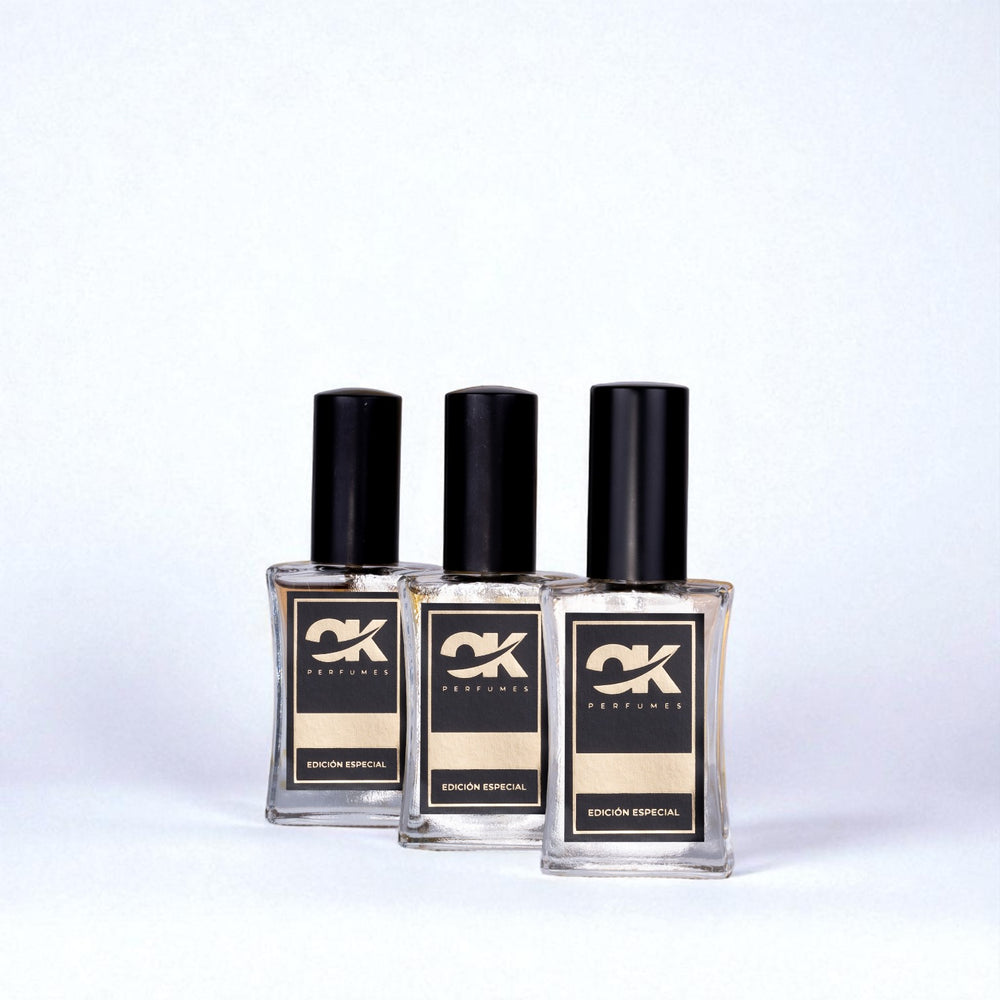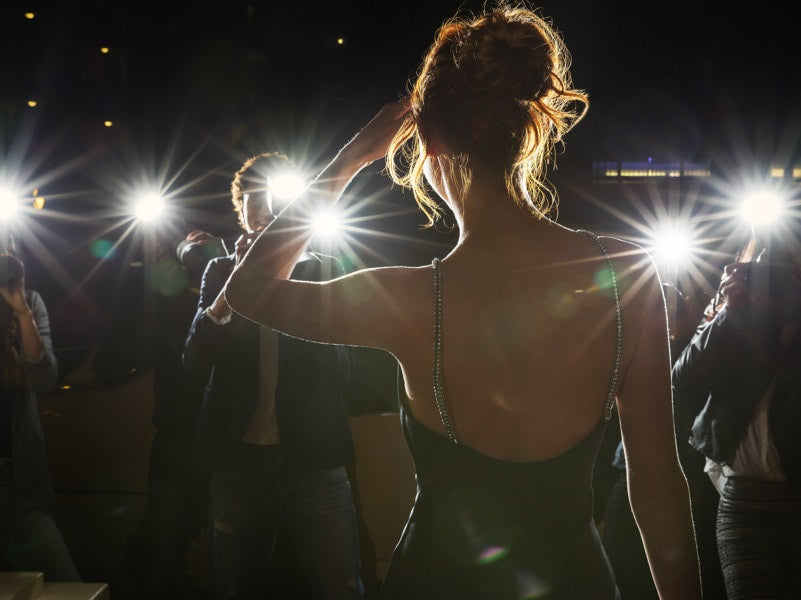Discover the Fascinating History of Perfumery
Perfumery is an ancient art that combines science and creativity, uniting natural and synthetic ingredients to create scents that transport us to different places and times. The history of perfumery is rich and diverse, revealing not only how fragrances have been created over the centuries but also how they have influenced our cultures and emotions. In this article, you'll explore the evolution of perfumes, from ancient civilizations to the modern industry we know today.
The Beginnings of Perfumery
The history of perfumery dates back to ancient civilizations. The Egyptians are some of the first recorded users of perfumes. In Egypt, the use of fragrances was linked to religious rituals, and it was believed that certain scents could connect people with the gods. Resins, such as frankincense and myrrh, were highly valued and used in sacred ceremonies.
Perfumes in Antiquity
As civilizations grew, so did the art of perfumery. The Greeks and Romans adopted the use of perfumes, adding essential oils and flowers to their blends. The Romans, in particular, were known for their love of perfumes, and their banquets were filled with intoxicating fragrances. They understood that a fragrance could accentuate elegance and social status.
The Renaissance and the Evolution of Fragrances
During the Renaissance, perfumery began to transform into a more formal industry. The first city recognized as a center of perfumery was Grasse, France. Here, flowers were cultivated and essential oils were extracted for the production of high-quality perfumes. From this point on, perfumery became a refined art that captured the attention of European nobility.
The Role of Alchemists
The alchemists of that era also played a crucial role, experimenting with different ingredients to create new scents. The search for the "philosopher's stone" was not limited to the transmutation of metals; it also included the creation of perfumes that could improve people's quality of life. Standards began to be established regarding the selection of ingredients, and organizations emerged to regulate the quality of the perfumes produced.
The Industrial Revolution and the Birth of Modern Fragrances
With the arrival of the Industrial Revolution in the 19th century, perfumery underwent a radical change. Mass production made perfumes, previously considered luxury products, available to a wider population. Furthermore, new synthetic compounds were introduced that expanded the possibilities for fragrance creation, allowing perfumers to experiment more than ever before.
Iconic Brands and the Aromas that Defined Eras
Throughout the 20th century, iconic brands emerged that became synonymous with quality and elegance. Fragrances like the famous Chanel No. 5 and J'adore became timeless classics. Fashion houses began launching their own perfume lines, making the worlds of fashion and fragrance intrinsically linked. Today, the perfume offering is overwhelming, with a variety ranging from designer fragrances to equivalent alternatives that allow access to quality scents at a more affordable price.
Perfumery in the 21st Century
Today, perfumery continues to evolve. Certain movements toward sustainability have changed the way these products are produced. Many consumers seek fragrances that not only smell good but are also ethically sourced and do not contribute to environmental pollution. Brands are beginning to adopt more sustainable practices, using natural ingredients and reducing their carbon footprint.
The Emotional Bond with Perfumes
Perfumes aren't just scents; they evoke memories and emotions. Science has proven that scents can affect our mood and behavior. That's why many people invest in finding their ideal perfume, a scent that speaks to their personality. Choosing a perfume is a form of personal expression, and many people look for the best quality at the best price.
Fragrance Selection Practices
Choosing a perfume can be a personal and unique process. Some factors to consider include:
- Fragrance types: Fragrances can be floral, oriental, fresh, or woody. Knowing your destination type can help you narrow down your options.
- Longevity: Some perfumes last longer than others. Check the quality of the ingredients to understand the scent's durability.
- Testing: It's always a good idea to test a perfume on your skin before purchasing. Fragrances react differently to each person due to the skin's pH.
- Equivalence: If you're looking for a fragrance similar to a name-brand perfume at a lower cost, researching equivalencies can be a great approach.
Current Trends in Perfumery
The world of perfumery is dynamic and ever-changing. Some current trends include:
- Unisex fragrances: The gender barrier in fragrances is blurring, and more and more brands are launching unisex perfumes that can be enjoyed by everyone.
- Personalized fragrances: Many brands offer the option to personalize perfumes, allowing consumers to create unique fragrances that reflect their identity.
- Sustainability: Concern for the environment has led brands to use sustainable and eco-friendly ingredients, as well as to offer recyclable packaging.
The Scent of a Bright Future
As we move deeper into the 21st century, it's clear that perfumery will continue to evolve. The fusion of traditional techniques with modern innovations promises an exciting future for this art. Whether you prefer a Polo Blue perfume or an alternative fragrance with a good equivalent , the perfume market is more accessible than ever, guaranteeing the best quality and an optimal price . No matter what you choose, the perfume you select will always carry a significant part of you with it.




